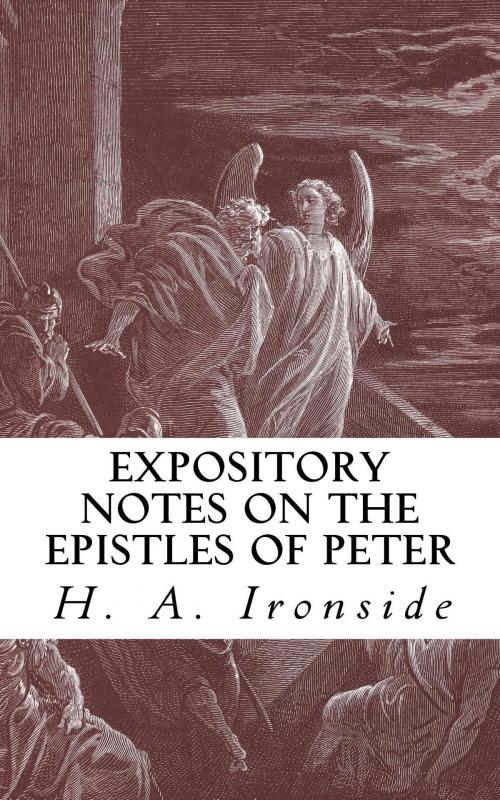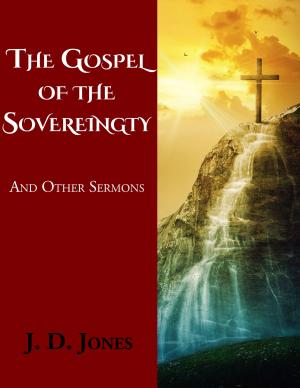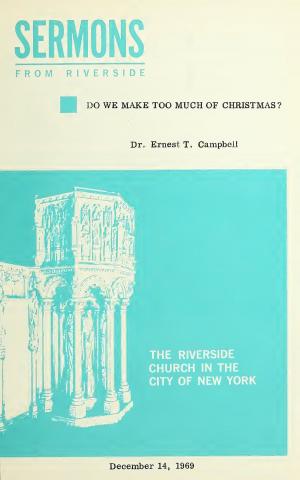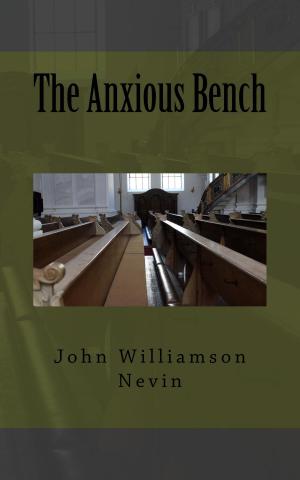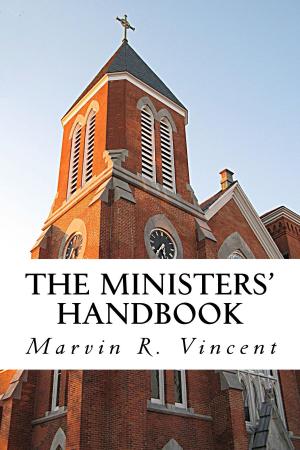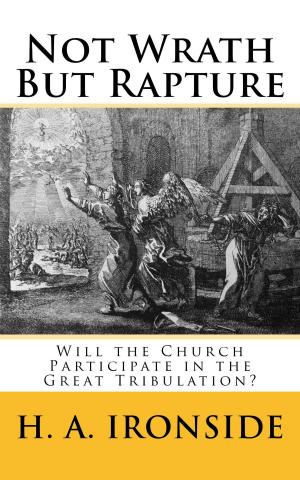Expository Notes on the Epistles of Peter
Nonfiction, Religion & Spirituality, Christianity, Christian Literature, Bible & Bible Studies, New Testament, Commentaries| Author: | H. A. Ironside | ISBN: | 1230001945317 |
| Publisher: | CrossReach Publications | Publication: | September 30, 2017 |
| Imprint: | Language: | English |
| Author: | H. A. Ironside |
| ISBN: | 1230001945317 |
| Publisher: | CrossReach Publications |
| Publication: | September 30, 2017 |
| Imprint: | |
| Language: | English |
THE Epistles of Peter were written primarily—in accord with his special ministry to the circumcision (Gal. 2:8)—to Christian Jews of the dispersion, who dwelt in various provinces in western Asia, where most of the Apostle’s labors had been. They have to do with the believer’s relation to the Kingdom of God rather than to the Church as the Body of Christ; though, of course, those to whom he wrote were, as are all Christians, members of the Church and subjects of the Kingdom. Both are wilderness Epistles; they contemplate the children of God, not in their heavenly aspect, as in Ephesians (1:3; 2:6), but rather as strangers and pilgrims journeying on through the wilderness of this world from the cross to the Glory. Peter tells us that he wrote the first Letter to testify that “this is the true grace of God wherein ye stand” (1 Peter 5:12). It is not so much the grace that saves (as in Romans 5:1, 2), which gives us a perfect standing before the throne of God; it is rather the grace ministered to us day by day, which enables us to stand against all the wiles of the enemy and despite all the trials of the way. Suffering has a large place in the Epistle. It is looked upon as the normal thing for the believer while pressing on to the inheritance laid up for him in heaven. In this we are reminded of Savonarola’s words, “A Christian’s life consists in doing good and suffering evil.” He is to rejoice for the privilege of suffering for Him who has redeemed us with His own blood.
THE Epistles of Peter were written primarily—in accord with his special ministry to the circumcision (Gal. 2:8)—to Christian Jews of the dispersion, who dwelt in various provinces in western Asia, where most of the Apostle’s labors had been. They have to do with the believer’s relation to the Kingdom of God rather than to the Church as the Body of Christ; though, of course, those to whom he wrote were, as are all Christians, members of the Church and subjects of the Kingdom. Both are wilderness Epistles; they contemplate the children of God, not in their heavenly aspect, as in Ephesians (1:3; 2:6), but rather as strangers and pilgrims journeying on through the wilderness of this world from the cross to the Glory. Peter tells us that he wrote the first Letter to testify that “this is the true grace of God wherein ye stand” (1 Peter 5:12). It is not so much the grace that saves (as in Romans 5:1, 2), which gives us a perfect standing before the throne of God; it is rather the grace ministered to us day by day, which enables us to stand against all the wiles of the enemy and despite all the trials of the way. Suffering has a large place in the Epistle. It is looked upon as the normal thing for the believer while pressing on to the inheritance laid up for him in heaven. In this we are reminded of Savonarola’s words, “A Christian’s life consists in doing good and suffering evil.” He is to rejoice for the privilege of suffering for Him who has redeemed us with His own blood.
